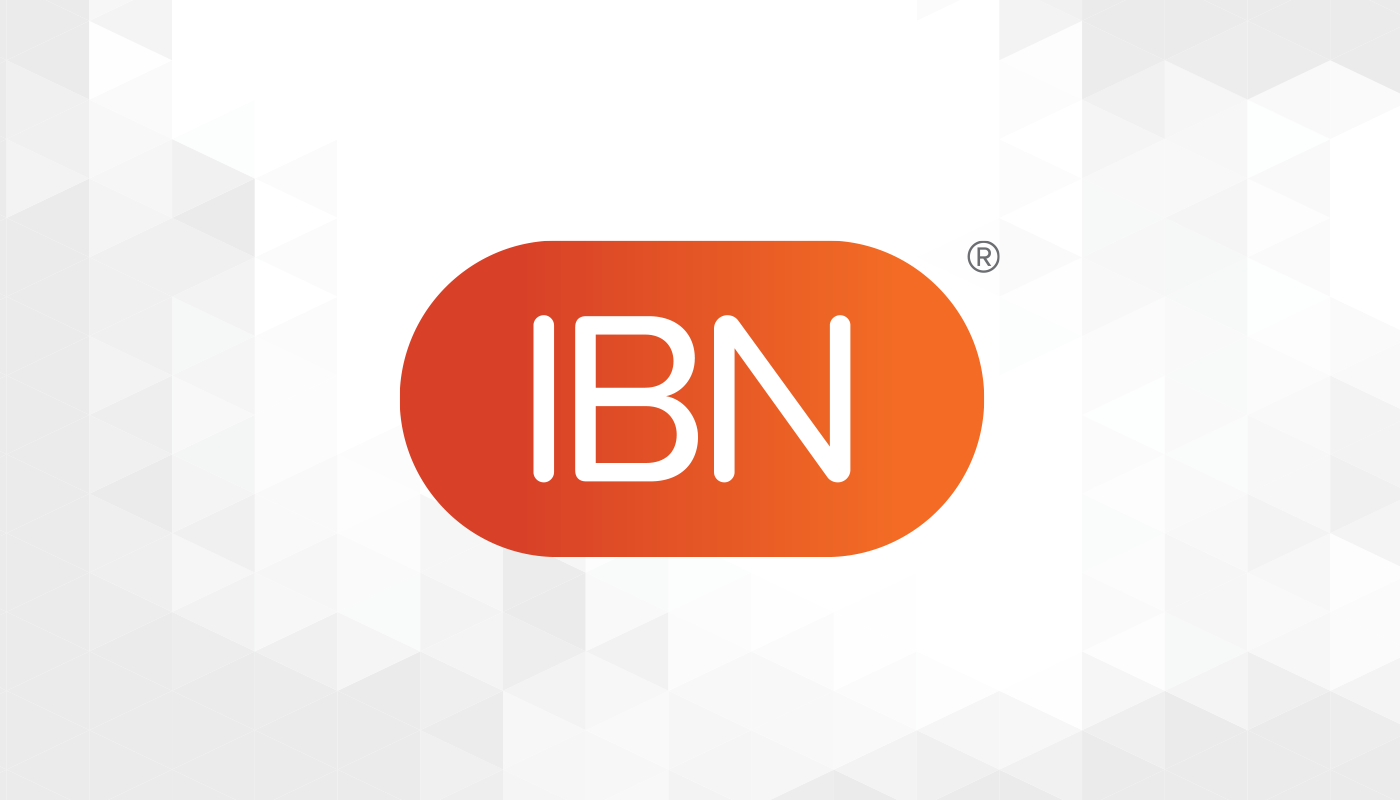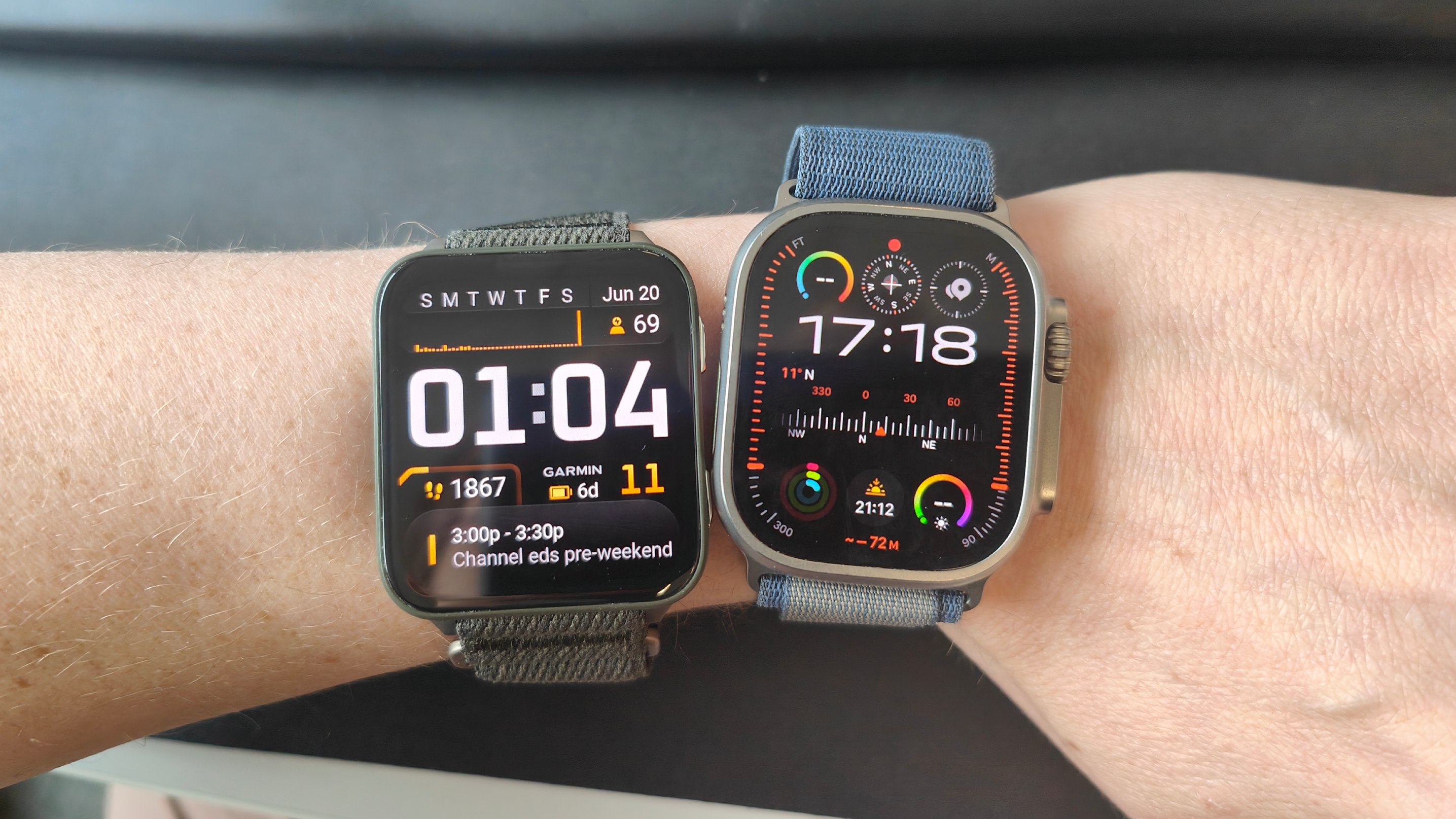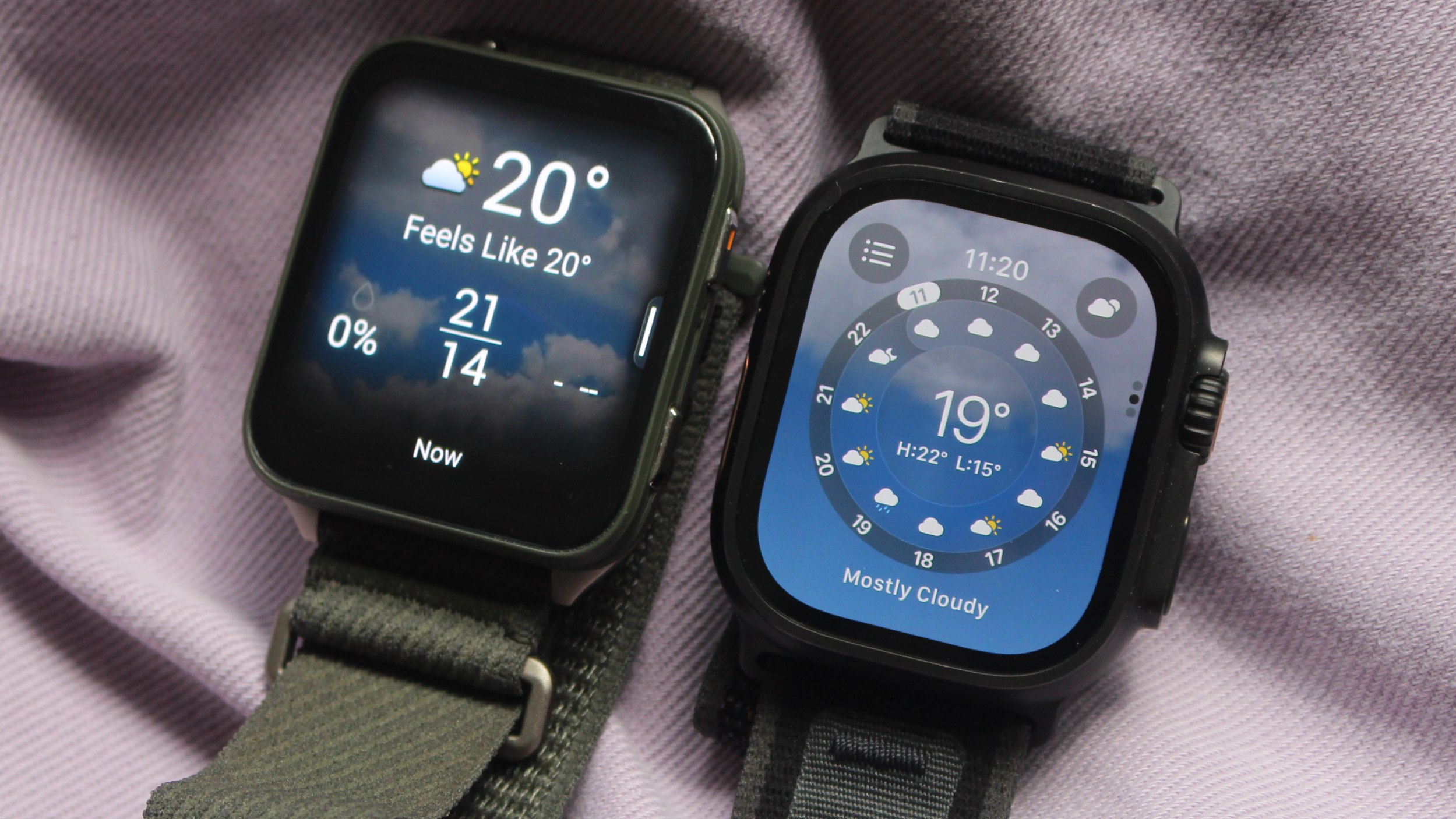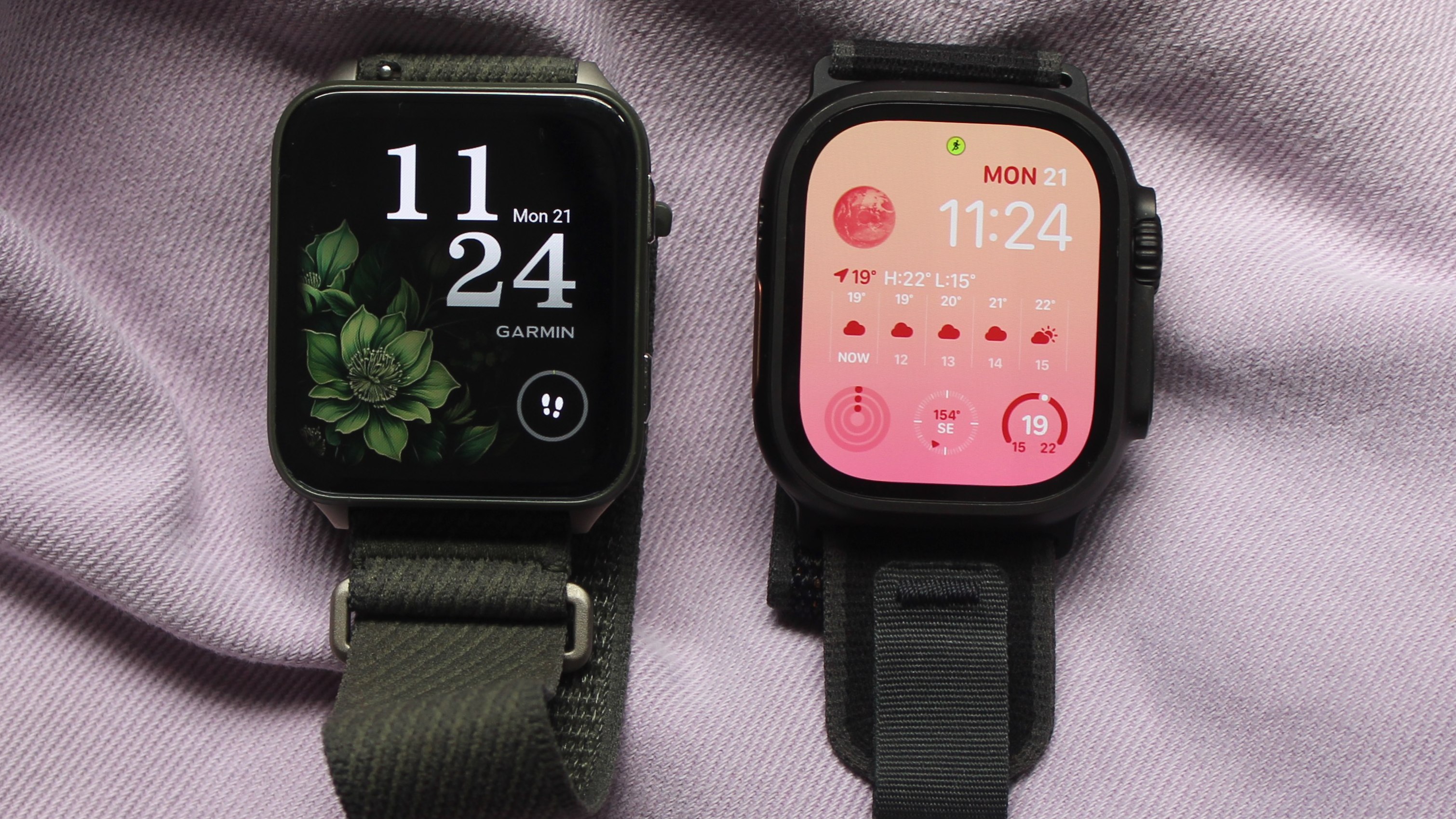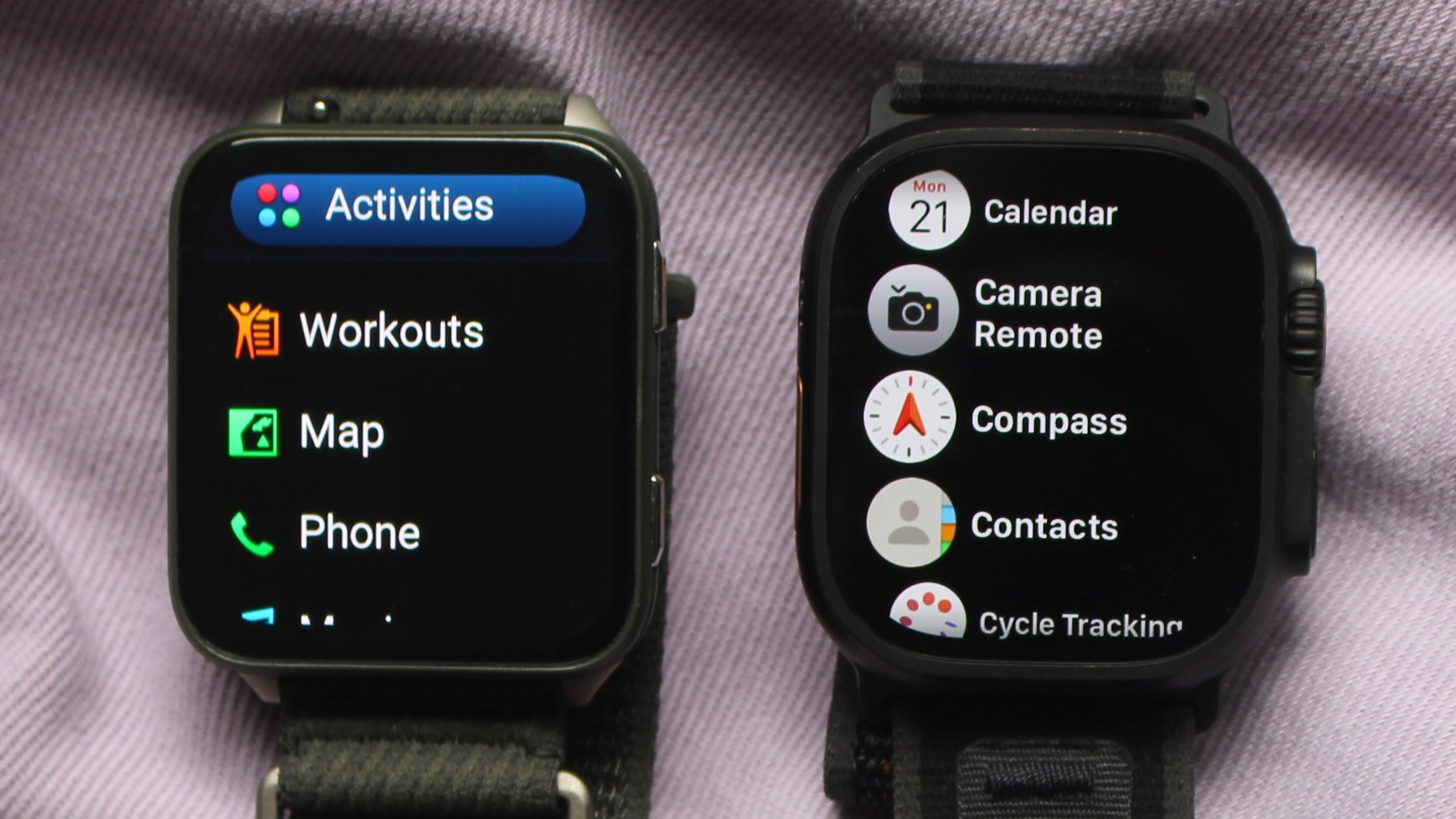From smart equipment to immersive experiences, here’s how Echelon is reshaping fitness with hyper-personalization at its core
When it comes to fitness industry trends, hyper-personalization is always in the conversation. But let’s be clear — it’s not just a trend. Personalization has always been foundational to the industry. And now artificial intelligence (AI) is accelerating its evolution at warp speed, completely reshaping the landscape. The opportunities for customization today and in the future are colossal.
The challenge? Harnessing its immense power in a way that truly enhances member experience, drives engagement and delivers results. The potential is staggering, but so is the complexity.
That’s where Echelon comes in – an industry leader that’s not just dabbling in AI but fully integrating it into a connected, data-driven fitness ecosystem. Their approach? Smart fitness equipment, live and on-demand classes and AI-powered personalization that take member engagement to an entirely new level.
This is personalization on steroids — the kind that makes gyms “stickier” than ever, driving retention and redefining the fitness experience.
AI-Driven Personalization: A Win for Every Fitness Level
With a mission to make high-quality fitness accessible, Echelon offers a diverse ecosystem of products, including exercise bikes, rowers, treadmills, strength machines, smart mirror and cold olives , all seamlessly integrated with its Echelon Fit ecosystem.
At its core, Echelon’s use of AI is about creating tailored fitness journeys for every individual. Whether it’s a beginner unsure of where to start, an intermediate member looking to stay engaged, or an elite athlete fine-tuning performance, Echelon’s AI integrates unique user data, such as heart rate, workout history and preferences, to craft a constantly evolving, hyper-personalized fitness experience.
For those starting out, this means eliminating guesswork. “Many people walk into a gym with no structured plan and little idea of what exercises will help them achieve their goals,” says the company’s Co-Founder and Chief Product/Technology Officer, John Santo. “AI helps map out a clear path, offering a guided, progressive experience that keeps them engaged.”
For advanced users, AI serves as an intelligent training partner, analyzing progress, tracking data and adjusting workouts dynamically to avoid plateaus, overtraining or stagnation.
This level of personalization is key to retention, keeping members engaged with workouts that are always challenging, motivating and tailored to their progress.
The Power of Data: AI Meets an Expansive Content Library
Echelon’s ability to provide this level of personalization starts with data. “When paired with AI, the results customers can achieve is limitless,” Santo says.
With over 20,000 pieces of on-demand content and 1,000+ live classes filmed monthly for decades, Echelon’s platform doesn’t just guess what works, it knows. AI processes this vast market data and overlays personal user data, to each individual’s workout journey.
“AI allows us to get more granular, ensuring members are using the right equipment, engaging with the right content and getting the right experience for them,” Santo explains. “This level of personalization is already transforming retention, with an initial studio analysis projecting a 7% increase in retention rates.”
But even with AI’s growing role, human expertise remains integral to Echelon’s methodology.
“Our AI is built with the training expertise of human instructors and rooted in Echelon’s fitness methodology,” says Santo. “We’re using decades of experience and input from our elite Personal Trainer team to create our proprietary content, ensuring the AI isn’t just guessing — it’s enhancing proven training principles.”
A Fully Immersive Fitness Ecosystem
Unlike many AI integrations that focus on a single piece of equipment, Echelon’s AI spans an entire ecosystem, creating a seamless, immersive fitness experience across multiple machines and platforms.
“Whether you’re training on an Echelon bike, treadmill or rower at the gym or at home, your workout goes with you,” said Santo.
Last year, the company launched FitOS, an innovative new workout platform delivering news, entertainment, social media and gaming apps through their connected equipment screens.
With the launch of FitOS also came Worlds, a captivating virtual reality gaming experience allowing users to race against themselves, friends or the computer.
“When you step into Echelon World, it’s a 3D environment where users can choose avatars, interact with AI leaderboards, and join workouts with people across the globe,” Santo says. “And it’s not just about digital engagement — it’s immersive physically, too. As you ride the bike or run on the treadmill, the terrain on the screen adjusts in real-time, syncing with resistance changes on the equipment.”
This heightened immersion leads to greater workout adherence and engagement. “We’re seeing significantly higher workout completion rates, with users staying on equipment longer than ever before,” Santo says.
Beyond AI-driven personalization, Echelon is also pushing hardware innovation. The newly launched Stride-10s Pro and Stride Slat Pro treadmills feature an open-front design that minimizes floor space by 20%, further enhancing gym efficiency.
Also, unlike other manufacturers, whose older machines often can’t be updated to accommodate AI, Echelon’s entire ecosystem is designed for AI compatibility. Even legacy machines can be upgraded, ensuring long-term value for fitness facilities.
“We’ve built this technology to be future-proof,” Santo explains. “Most companies can’t retroactively integrate AI into old equipment, but our entire ecosystem is designed to evolve with members and facilities over time.”
Results & Retention: The Impact of AI on Member Engagement
The results of Echelon’s AI integration speak for itself.
- 23% increase in session duration: Users are staying engaged longer, thanks to immersive workouts and AI-driven customization.
- Higher trial-to-member conversion rates: AI-powered onboarding leads to greater membership commitment.
- Projected $6.2 million in revenue impact (small-group analysis): Reducing churn and improving retention have major financial implications for facilities.
“Fitness is addictive once people hit their goals,” Santo says. “By creating personalized, immersive experiences, we’re not just improving workout, we’re transforming the way people engage with fitness altogether.”
The Future: What’s Next for AI in Fitness?
When it comes to what’s next, Echelon is seemingly just getting started.
“Our next innovation will allow facilities to white-label AI-driven workout plans, incorporating custom content and gym-specific equipment into a personalized training ecosystem,” Santo reveals.
Long term, Echelon aims to integrate even more biometric data from wearables, further personalizing workouts based on real-time health metrics, stress levels, and recovery needs.
“We’re thinking beyond just gym workouts,” Santo explains. “We’re bridging the gap between fitness, wellness, and everyday life, creating an AI-powered system that supports total health — inside and outside the gym.”
This article originally appeared in ATN’s 2025 State of the Industry Outlook Report, a go-to guide for understanding the next generation concepts that will shape the fitness and wellness industry in the upcoming decade. Download the free report.





